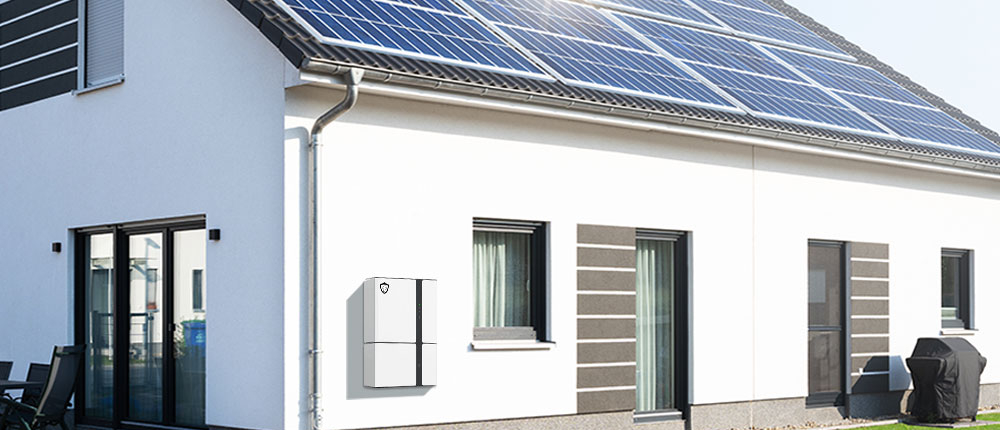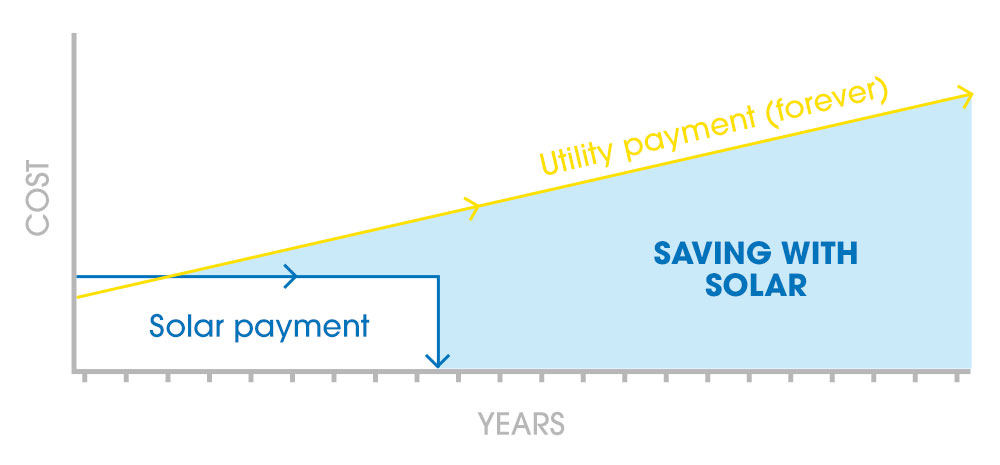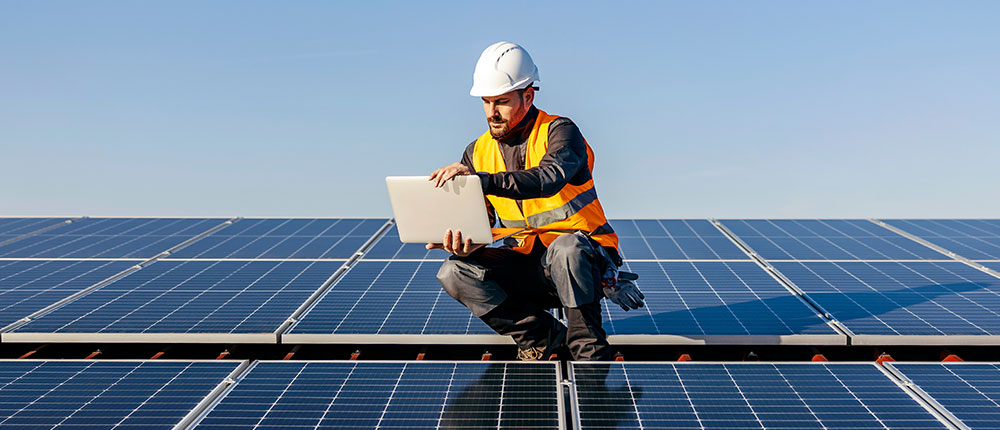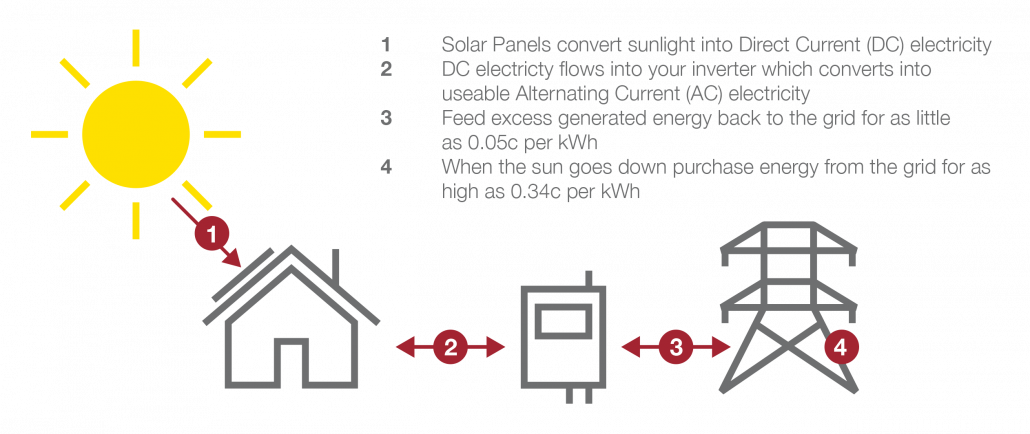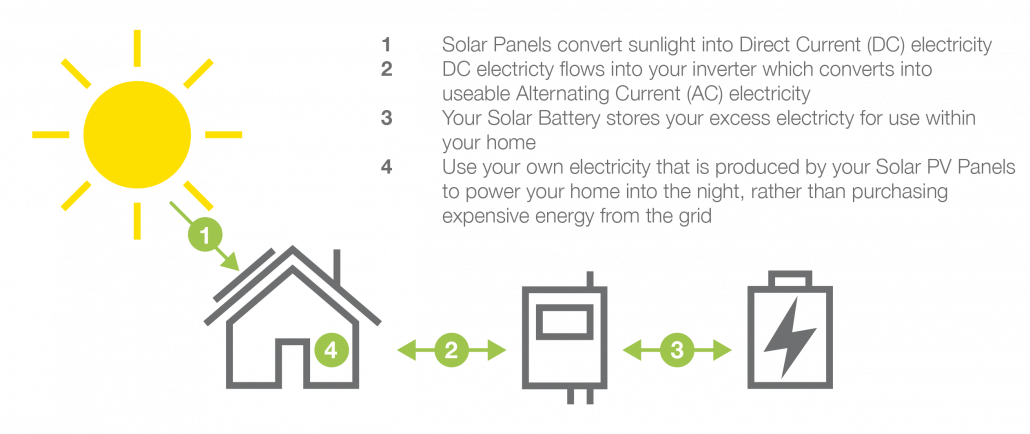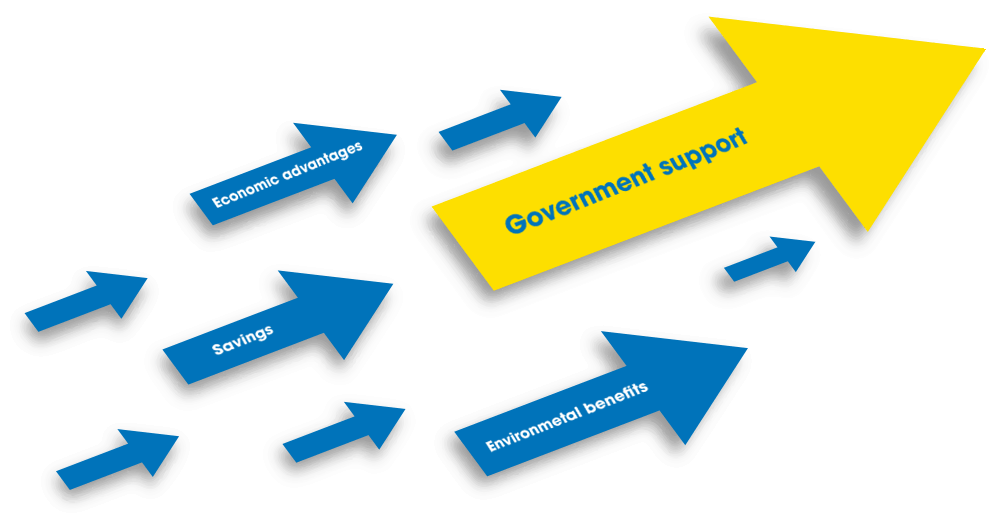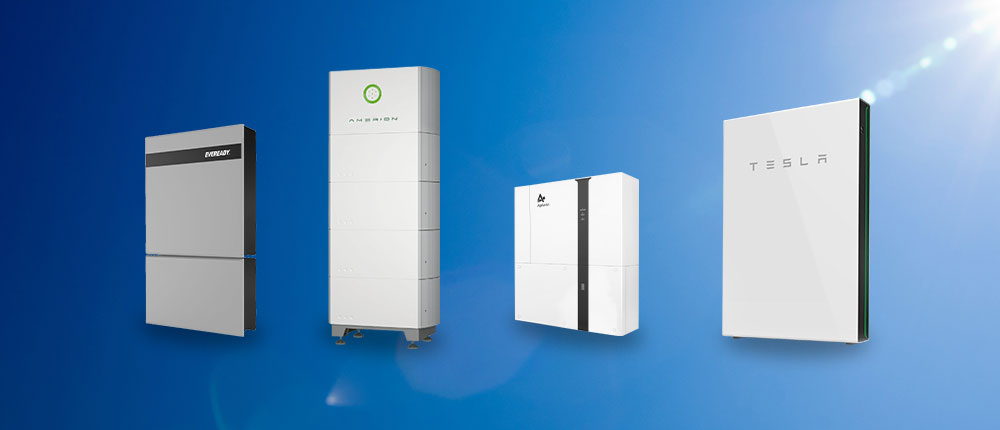Big news is coming for Australian households. The federal government is about to launch a national battery rebate — and it’s a game changer.
For the first time, families across Australia will get a serious helping hand to install a home battery.
It’s not just about saving money (though that’s a big part of it).
It’s about energy independence.
It’s about protecting your home.
It’s about the future.
Let’s break it all down. Simply. Clearly. Honestly.
Understanding the National Battery Rebate
So, what is the National Battery Rebate?
It’s a direct discount on the cost of buying a home battery.
The Cheaper Home Batteries subsidy offers households a 30% upfront discount on the cost of a home battery. However, there is a funding cap, so once the pot runs out, that’s it.
This rebate is designed to help Australian households cut power bills and speed up countries’ renewable energy transition.
Eligibility basics?
To be eligible for the solar battery rebate, you:
- Must be a homeowner.
- Must have rooftop solar already installed (or have it installed alongside the battery).
- Must also be capable of connecting the battery system to a Virtual Power Plant (VPP) platform.
- Need an accredited installer to install the solar PV and battery system.
While the national rebate sets the baseline, things get a little more interesting when you zoom in on each state.
Some states offer extra rebates or unique programs you might be able to stack on top of the federal support — giving you even bigger savings.
Let’s take a closer look at what’s available around Australia.
State-by-State Breakdown: Battery Incentives Across Australia
Every state is a little different.
Here’s what’s happening:
Victoria
- Victoria offers interest-free solar battery loans of up to $8,800.
- There is no state rebate on batteries at this time.
- The new federal rebate opens the door to even more Victorians accessing battery storage.
New South Wales
- The new federal rebate can stack on top of existing incentives for bigger savings.
- Up to $1,560 off a 10kWh battery through the Peak Demand Reduction Scheme (PDRS).
- Some local council grants may also be available.
Queensland
- There is no state rebate yet.
- Some network-specific battery offers (like Energex/Ergon).
- Federal rebate could finally open the door for many Queenslanders.
South Australia
- SA had the Home Battery Scheme, but it’s closed now.
- However, SA still offers Virtual Power Plant (VPP) programs at discounted prices.
- The federal rebate will be a fresh opportunity.
Western Australia
- Small trial programs exist (like the PowerBank community batteries).
- There is no current state-wide rebate.
- Federal help will make a big difference here.
Tasmania
- Battery programs are limited to small trials.
- Federal rebate offers a big chance for Tasmanian households to jump on board.
ACT
- ACT has Next Gen Energy Storage grants (up to $4,000).
- Homeowners may be able to stack with the new federal rebate.
- Good news if you live in Canberra.
Northern Territory
- NT has a Home and Business Battery Scheme: Up to $6,000.
- Possibility to combine with the federal rebate, depending on program rules.
Long-Term Financial Impact: Beyond the Immediate Savings
The savings don’t stop at the power bill.
Over a battery’s lifespan, a typical household could save up to $30,000 in energy costs.
Adding a battery could also boost your property value. Energy-efficient homes are hot property, and buyers are willing to pay more for a home that costs less to run.
Other perks?
- Backup power during blackouts.
- Protection from rising electricity prices.
- Peace of mind, year-round.
Environmental Impact: Batteries as a Force for Good
Installing a battery slashes your carbon footprint. You avoid pulling dirty energy from the grid when you store and use your own solar energy.
Rough estimates show that if battery uptake hits targets, we could cut national emissions by millions of tonnes each year.
That’s like taking hundreds of thousands of cars off the road — without anyone giving up their ute.
Strengthening the Grid: How Home Batteries Help Everyone
It’s not just about your house. It’s about the whole community.
Batteries ease pressure on the national grid, especially during hot summer afternoons when air-con usage spikes.
More batteries = less need for expensive grid upgrades.
That means lower costs for everyone.
Renewable Energy for All: Wider Public Benefits
Even people who don’t have solar can benefit. Here’s how:
When many homes store energy, peak demand is reduced, driving down wholesale energy prices. Lower wholesale prices eventually mean lower retail prices, too.
Smart Energy Council Chief Executive John Grimes explains, “It’s important to understand that this policy will help reduce the power bills of everyone, not just those who can get solar and a battery,”
Batteries aren’t just good for your wallet. They’re good for your neighbour’s wallet, too.
Why Now Is the Time to Invest
The numbers stack up.
The environmental case is clear.
The social benefits are real.
And with the national rebate about to kick in, there’s never been a better time to act.
Home batteries aren’t just a smart investment. They’re an investment in Australia’s clean, secure energy future.
Don’t wait.
Once the rebate funds are gone, they’re gone.
Talk to Solar Battery Group today and secure your slice of the future.



